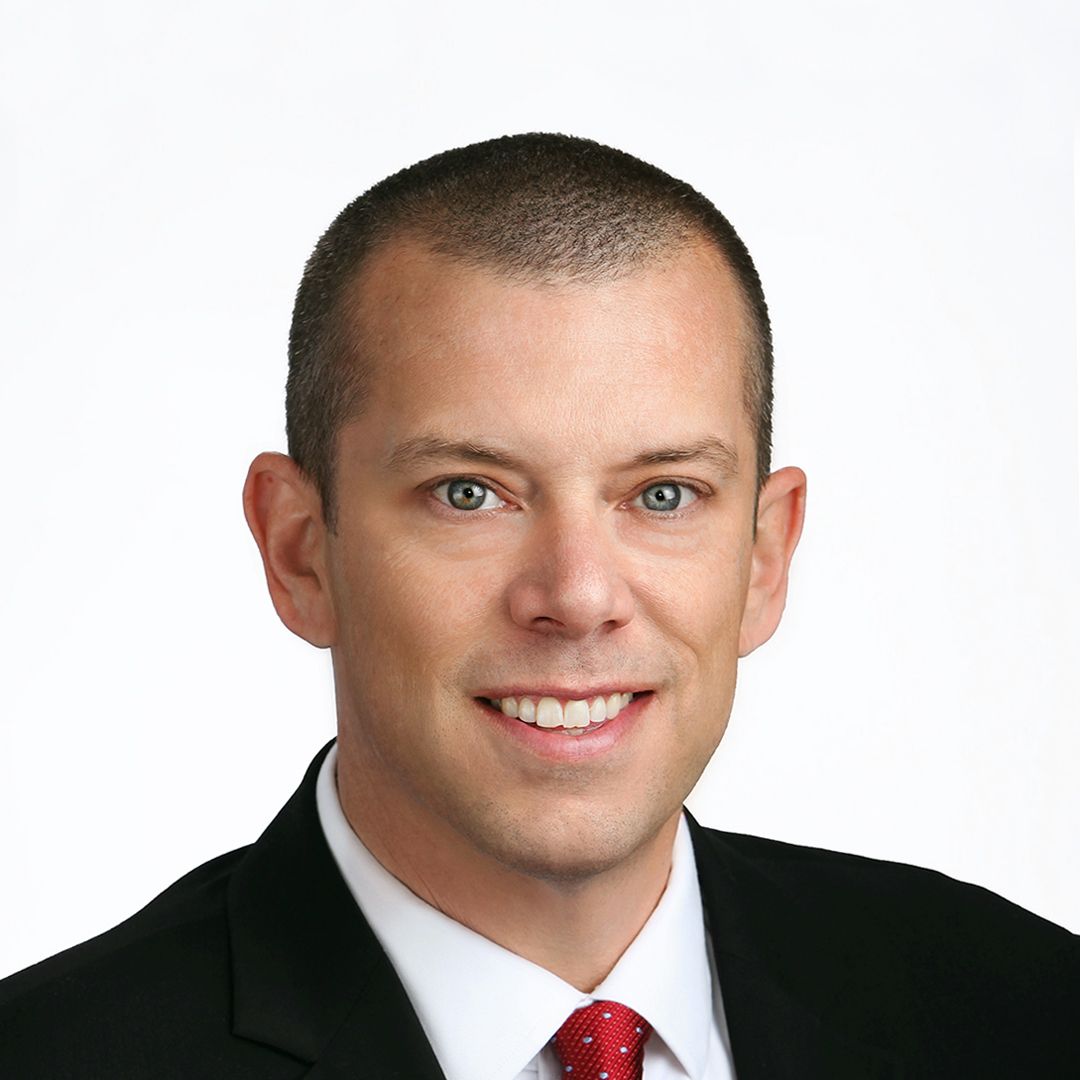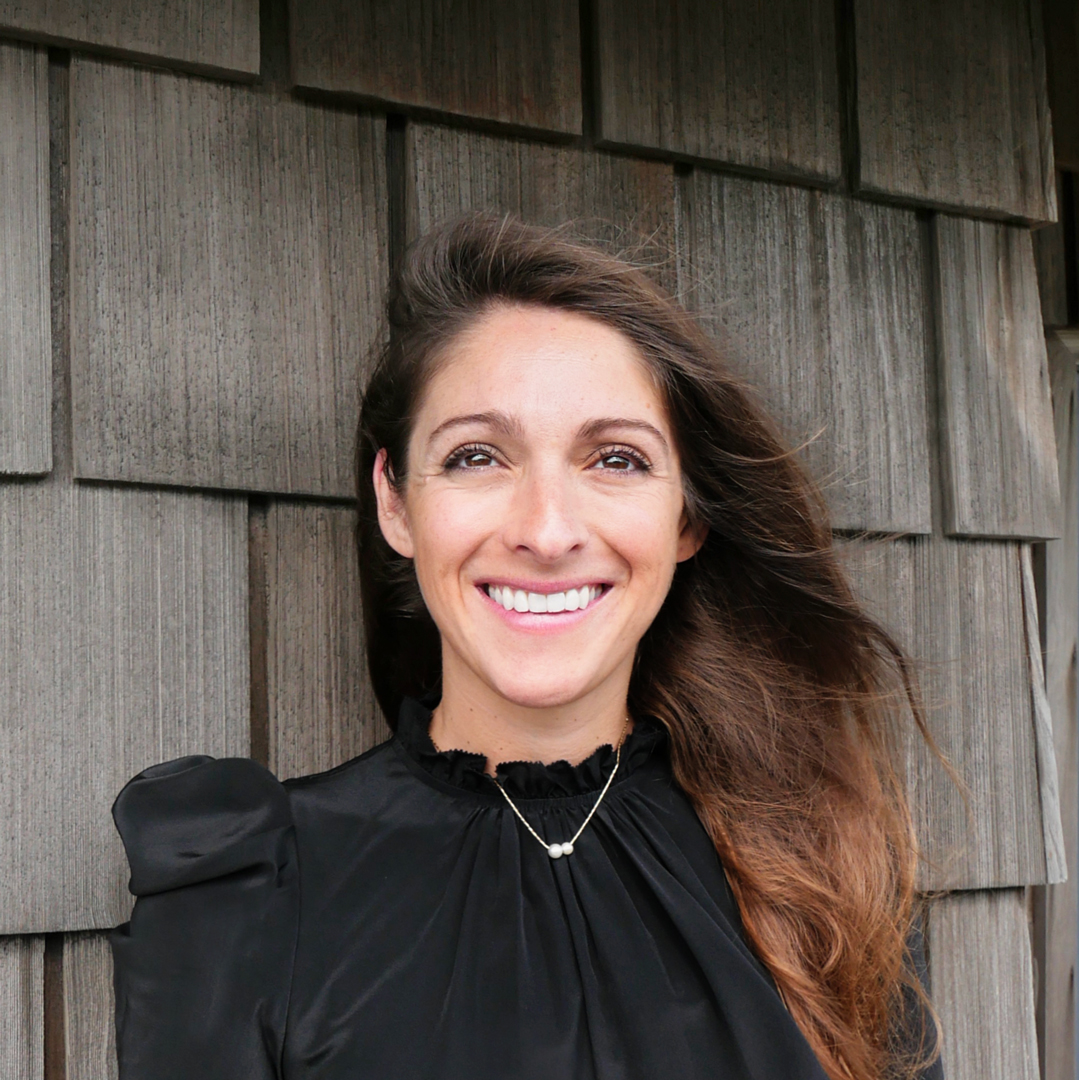|
Getting your Trinity Audio player ready...
|
Agriculture is the number-one industry in South Carolina, so it’s no surprise that Clemson University, one of the leading agricultural universities in the country, plays an active role in crafting regulation for the state. For Beth Crocker, senior associate general counsel at Clemson, it’s a tremendous responsibility—but one she treats with enormous pride.
Crocker has spent the last seven years doing legal work, including regulatory work at Clemson, where she also spent her undergraduate years getting her bachelor’s degree in animal science. During those early college years, while interning for citrus growers in Florida, Crocker was advised by one farmer to go into agriculture law. “He said I needed to either become a lawmaker and write policy or become a lawyer with agriculture clients because I understand the industry,” she remembers.
Based on that advice (and the aid of Clemson’s career services division), Crocker earned her JD at Drake University Law School and her LLM in agriculture law from University of Arkansas. Now, years later, she’s right back at Clemson, where she got her start, playing a crucial role in navigating some of the most important agricultural regulatory issues the university has come across in its one hundred and thirty years of operation.
As senior associate general counsel, Crocker tackles a plethora of issues that face both the university and the state of South Carolina. Given Clemson’s role as a regulatory agency for several state agricultural services, Crocker finds herself handling areas as diverse as meat inspection and pesticide regulation as well as plant and animal diseases. She conducts complex legal research and counsels administrators, faculty, and staff on legal issues, all while spearheading a number of initiatives that shape agriculture policy in the state.
“It makes for a lot of continuing legal education,” Crocker notes.
“Our rationale needs to be reasonable, not arbitrary and capricious.”
One of Crocker’s biggest challenges over the past few years was resolving an investigation from the Office for Civil Rights, in which Clemson was cited in a general complaint about web accessibility. According to the complaint, the university website made it difficult for mobility-challenged individuals to navigate it. Greater accessibility would require changes from closed captioning and identifiers on videos and images to providing scrolling options on web pages.
To address these issues, Crocker and her team conducted an emergency procurement to revamp the site to address accessibility concerns. The process opened Crocker’s eyes to the need for greater accessibility in her work at Clemson: “This comes back to creating a culture that we value and taking these concerns seriously,” she explains. In 2019, OCR followed up with a directed investigation.
Crocker painstakingly worked with Clemson’s tech support to address every concern while taking advantage of the technical support offered by OCR. This collaborative approach resulted in Clemson’s becoming one of the first universities dismissed from the investigation. Clemson and OCR reached a mutual goal of providing more accessible web options for users.
In addition to addressing these compliance issues, Crocker has been hard at work supporting the expansion of extension services offered by Clemson, helping bring the latest health research and university expertise to rural areas in South Carolina. While services and programs are a part of every land-grant university in the nation—thanks to the Smith-Lever Act of 1914—Clemson’s role in South Carolina agriculture makes its extension programs especially important and valuable for the communities it serves.
The extension service does more than transfer agricultural knowledge from universities to underserved areas; Crocker supports the agents who bring new health and nutrition information to these areas through extension programs. These include increasing overall health awareness, detecting early signs of cancer, managing and preventing high blood pressure, and other types of health care education not often afforded to rural areas.
“I encourage every general counsel who works for a land-grant university to remember the importance of the extension service in providing support to rural communities that produce and protect our food, fiber, and forestry resources.”
Because extension agents are trusted members of the communities, Crocker hopes they give underserved areas a better chance to improve health and economic outcomes. “I encourage every general counsel who works for a land-grant university to remember the importance of the extension service in providing support to rural communities that produce and protect our food, fiber, and forestry resources,” she stresses.
Given the history and success of the extension service, Crocker is currently working with Clemson’s VP of agriculture on a new initiative to help leadership in other countries set up extension model programs. “It’s been exciting to have so much interest and the backing of university and industry leadership in a tried-and-true model with a new application,” she enthuses.
These initiatives make clear the diversity and importance of Crocker’s work, especially given the vital role agriculture plays in South Carolina’s economy. “Our regulators care about their jobs,” Crocker notes. “Our rationale needs to be reasonable, not arbitrary and capricious”—which is a virtue she credits to Clemson’s open, accessible, and constructive culture.
When it comes to doing in-house counsel work for regulators, Crocker believes the key to fair and balanced regulation is finding ways to protect the public without unnecessarily burdening businesses. Luckily for her, her team and her client base make that a thrill. “I’m blessed that I have great clients, but I have a great office I work with too, and wonderful outside counsel,” she says.
This is vital work, made more rewarding by the fact that Crocker is doing it at the university where she started her higher education and it is a chance to give back. “It sounds so corny, but [being back] just makes you want to be a better person, because everyone around you is trying to be a better person too,” Crocker adds, with no small amount of pride in her voice.


